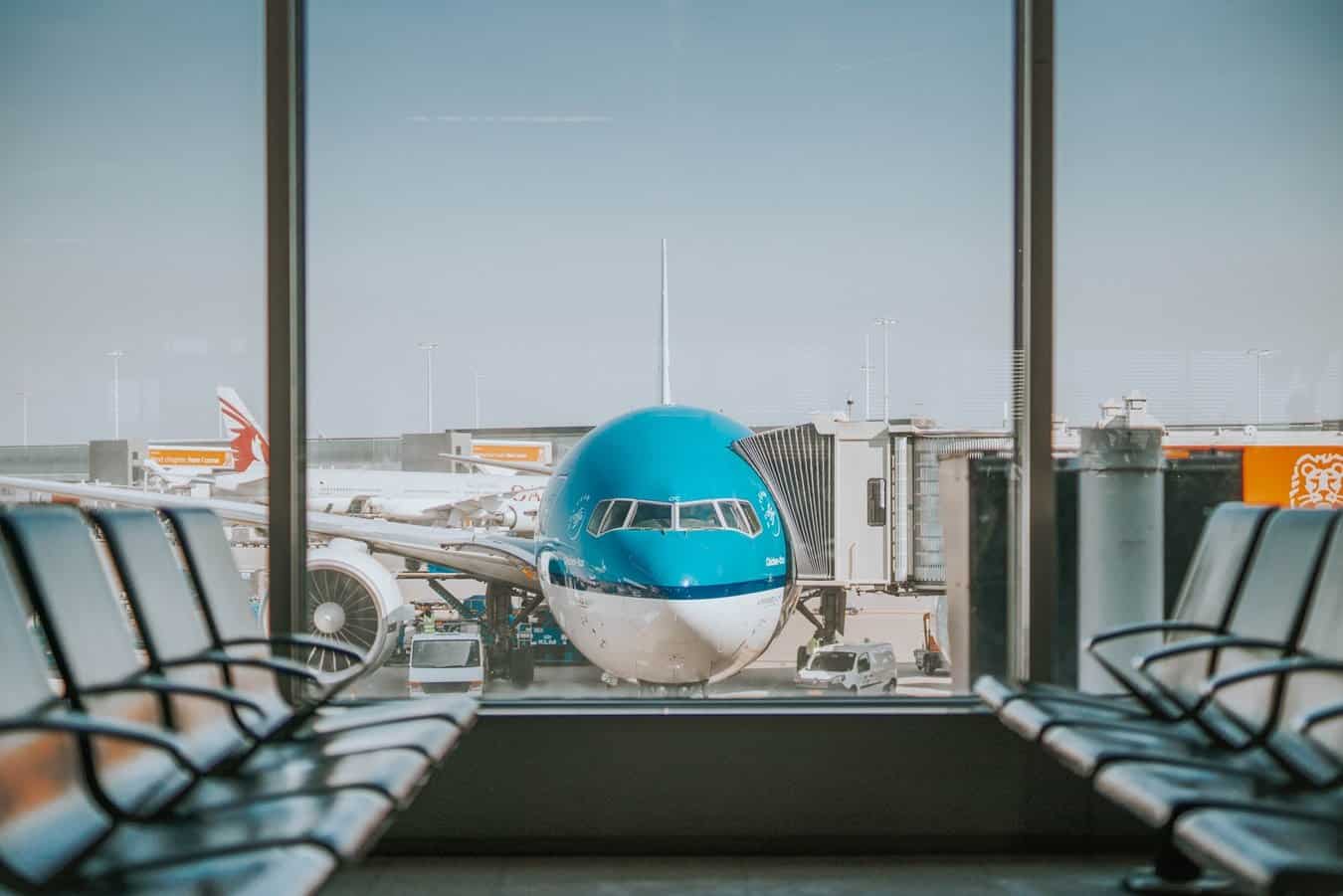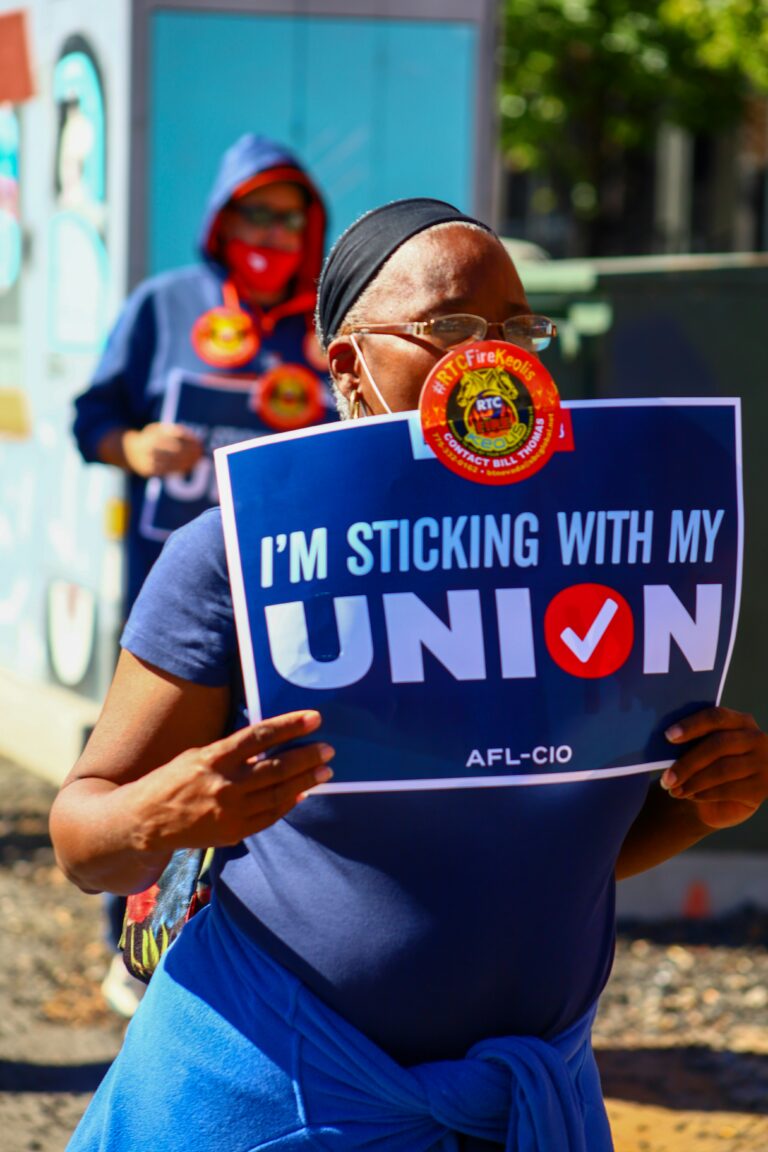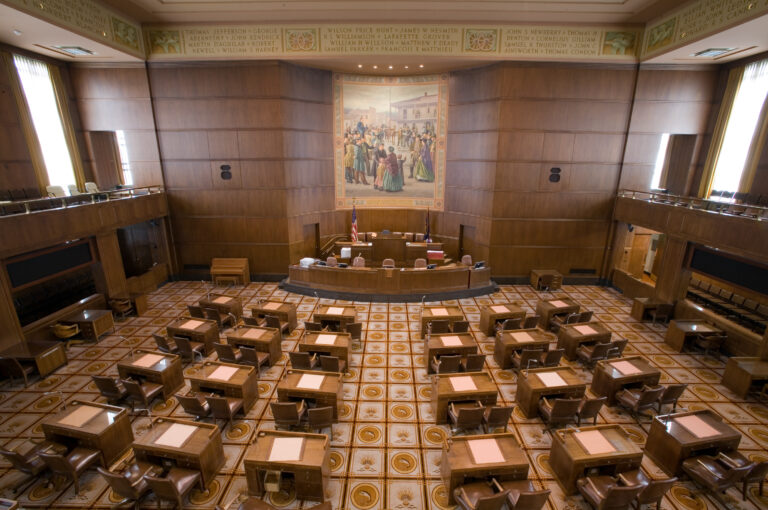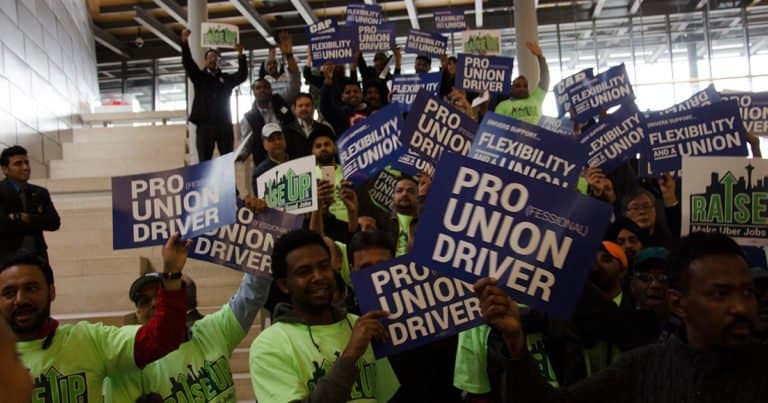
Nicholas Anway is a student at Harvard Law School.
In today’s news and commentary: employers push for an autumn return to the office, and staffing shortages continue to plague the airline industry.
As Labor Day approaches, employers are once again pushing for a return to the office. “A number of companies, including Apple, Capital One, Comcast and The New York Times Company, are setting fresh guidelines around returning to the office for September,” the New York Times reported. Many employers argue that returning to the office is justified by operational concerns like financial planning and legal compliance. Employees worked remotely more than employers predicted last spring, making planning difficult in some contexts. And “a recent survey of human resources professionals showed that 39 percent had found an employee working in a location where their business didn’t have tax approval to operate.” But many employees benefit tremendously from the flexibility of remote work—and prefer it. A recent Gallup survey found that “[m]ore than one-third of U.S. workers who can do their jobs from home want to stay permanently remote.” Against this backdrop, employees are pushing back on return to office policies, and “executives realize that if they don’t persuade their employees to come back now, with pandemic restrictions eased in most areas, the new norms of flexible work will be hard to unstick.”
Widespread flight cancellations and delays continue to hamper the airline industry; last week, more than 8,000 delays racked airports from Texas to New York. Analysis from the Washington Post argues that this summer’s travel meltdowns continue to be driven by ongoing staffing shortages. Although data from the Bureau of Transportation Statistics shows that, “as of June, passenger airline employment in the U.S. was just 0.6 percent below pre-pandemic levels,” airline workforces are far less experienced than they were before the pandemic. That’s because “[w]hen airlines went through the initial shock of the pandemic, they encouraged employees to retire early or take voluntary separation leave—particularly more senior staff.” Junior employees are “not able to work as quickly or efficiently as someone with 30 years of experience,” reducing airline workforce capacity. Airline employees are also overworked. “Jaime Contreras, executive vice president for 32BJ SEIU, which represents 2,500 contracted service employees at airports in the D.C. area, says workers tell him that they’re feeling short-staffed in their jobs,” a sentiment that is shared by airline pilots according to the Allied Pilots Association. Ongoing staffing shortages are creating dangerous conditions like pilot fatigue and lowering airlines’ quality of service for customers, the Post reported. Despite billions of dollars in federal aid, “there was a 35 percent increase in service complaints from May to June, and complaints are nearly 270 percent above pre-pandemic levels.”






Daily News & Commentary
Start your day with our roundup of the latest labor developments. See all
October 22
Broadway actors and producers reach a tentative labor agreement; workers at four major concert venues in Washington D.C. launch efforts to unionize; and Walmart pauses offers to job candidates requiring H-1B visas.
October 21
Some workers are exempt from Trump’s new $100,000 H1-B visa fee; Amazon driver alleges the EEOC violated mandate by dropping a disparate-impact investigation; Eighth Circuit revived bank employee’s First Amendment retaliation claims over school mask-mandate.
October 20
Supreme Court won't review SpaceX decision, courts uphold worker-friendly interpretation of EFAA, EEOC focuses on opioid-related discrimination.
October 19
DOL issues a new wage rule for H-2A workers, Gov. Newsom vetoes a bill that regulates employers’ use of AI, and Broadway workers and management reach a tentative deal
October 17
Third Circuit denies DOL's en banc rehearing request; Washington AG proposes legislation to protect immigrant workers; UAW files suit challenging government surveillance of non-citizen speech
October 16
NLRB seeks injunction of California’s law; Judge grants temporary restraining order stopping shutdown-related RIFs; and Governor Newsom vetoes an ILWU supported bill.